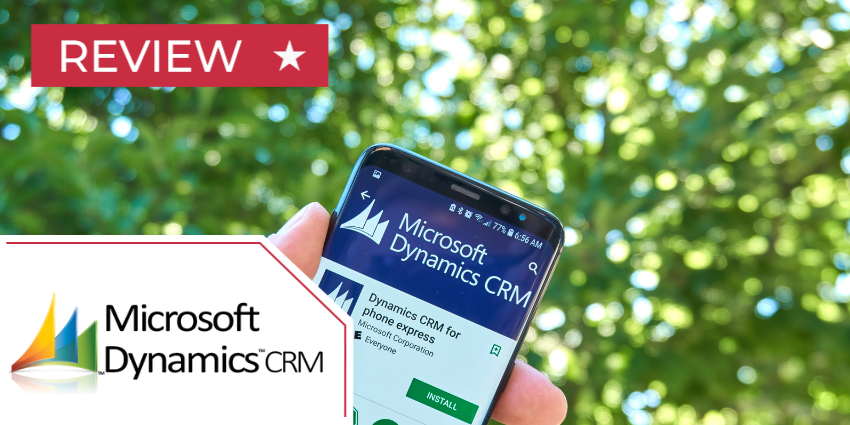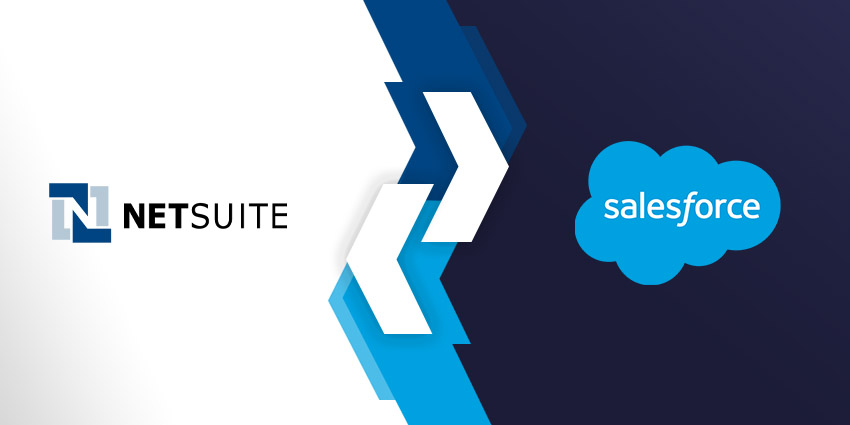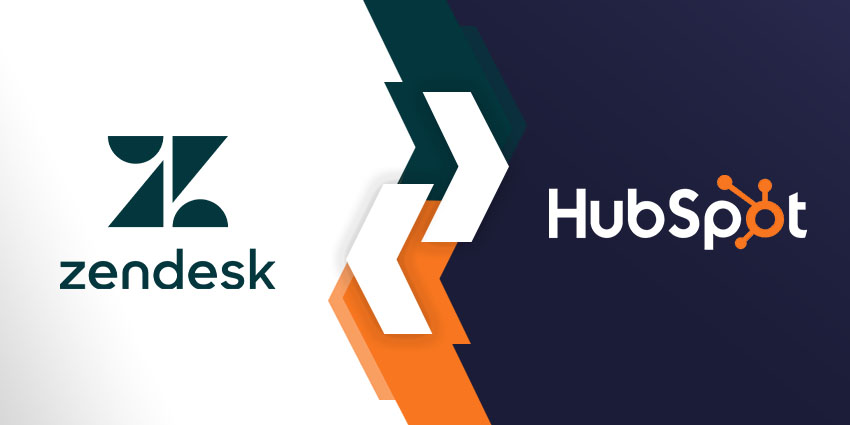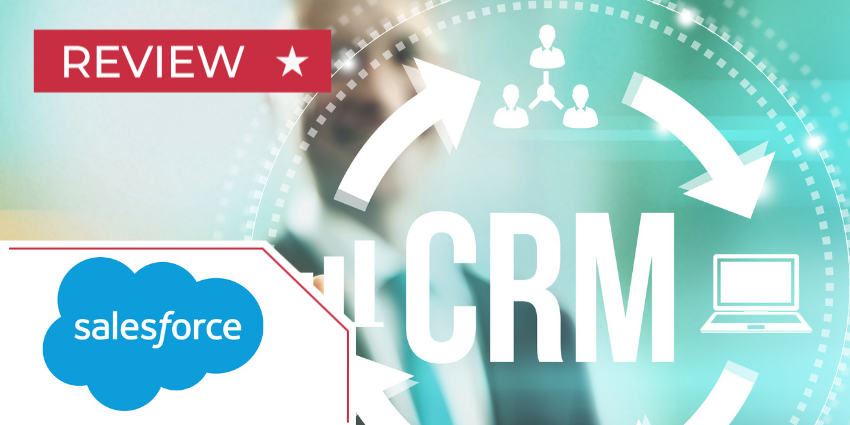Customer Relationship Management tools, or “CRMs”, are an essential part of the customer experience landscape. With this technology, companies can build stronger connections with their target audience by getting a better view of their customer journey, the hurdles they have to bypass on the way to a sale, and so on.
Microsoft Dynamics 365 is one of the better-known CRM solutions on the market today. Offered as part of the comprehensive Microsoft 365 ecosystem, Dynamics supports companies in building an innovative strategy for customer service.
Built for the age of modern customer service, Microsoft Dynamics 365 stands out as a modular, cloud-focused enterprise resource planning (ERP) tool, with embedded customer relationship management solutions. You get both your ERP and CRM technology in the same space. There are also integrations with Microsoft Teams, to keep your employees aligned on the same page.
Here’s what you need to know about Microsoft Dynamics CRM.
Microsoft Dynamics CRM Review: Key Features
At its core, Microsoft Dynamics 365 is a cloud-based set of modules designed to help companies build and manage stronger relationships. With data-driven insights, you can make better decisions on how to serve your customers, and even automate various crucial tasks.
Dynamics 365 is a recognised leader in CRM and ERP solutions according to analysts like Gartner, Forrester, and IDC. This is also the tool of choice for many leading brands, such as BMW, Coca-Cola, and Chevron. The CRM features of the solution focus on enhancing customer support. In the “Human Resources” module, employees can submit leave requests through Microsoft Teams, and business leaders can ensure they’re never short on staff.
In the “sales” module, users can examine sales performance metrics and set benchmarks for staff or examine opportunities for valuable relationships. Features of Dynamics 365 include:
- Sales module: All the core features of Microsoft Dynamics CRM for improving sales. You can access sales performance metrics, lead value reports, and AI to help you determine the next best step in a sales journey. A customized dashboard offers actionable insights and tracks relationship-building efforts
- Marketing module: Microsoft Dynamics CRM supports multi-channel campaigns for marketing and growth. You can connect with customers through personalised messages. Integrate with analytics and sales to find and nurture leads and reach customers through their preferred channels
- Customer service: The customer service module allows users to meet clients on their preferred device or channel, for an omnichannel experience. There’s access to data and intelligence to support the delivery of better service. Users also get a full 360-degree customer view to improve sales outcomes
- Field service module: This module makes it easier to keep track of service agents in the field. With tracking and analytics, you can help your technicians improve resolution times. There are automated scheduling options, and self-service portals available too
- Human resources: This module supports companies in attracting top talent to support customer relationship management. You can also access insights to help improve employee performance and keep your schedules running smoothly
The CRM components of Microsoft Dynamics 365 integrate seamlessly with ERP technology, so you can track things like financial investments, projects, and items in real-time.
As Microsoft Teams has continued to emerge as a more essential part of the business environment, Microsoft has also deepened the integration between Teams and Dynamics. You can now connect conversations with agents within Dynamics 365 through Teams.
The Microsoft Teams and Dynamics integration supports real-time contextual and suggested chat options, customer sentiment capturing, and support for working with clients directly in Teams.
Microsoft Dynamics 365 CRM: Benefits
Fans of Microsoft Dynamics 365 love the fact that they can access all of the tools they need for customer and relationship management in one environment. Microsoft Dynamics offers a highly customisable modular environment for tracking customer and field service, as well as other essential business data. Microsoft also offers various external integrations too.
You can connect your Dynamics environment to your contact centre system in some cases, or link in things like the Microsoft Power platform, or LinkedIn Sales Navigator. Benefits include:
- Integration with the Microsoft ecosystem: Microsoft Dynamics works perfectly with the rest of the Microsoft ecosystem, including Business Intelligence tools, Microsoft Teams, and Microsoft Office. This makes it easier for companies to build an entire technology stack with a single dedicated provider
- Power platform features: Microsoft recently announced the arrival of new Power platform features within Microsoft Dynamics. You can now track and orchestrate more customer journeys within Dynamics and add various aspects of intelligence and automation to improve your chances of correcting problems quickly
- Dedicated vertical support: Customer service can differ depending on the industry you’re in. Microsoft’s dedicated industry clouds make it easier to deliver the right kind of support. There are cloud solutions available for Healthcare, Financial Services, Manufacturing, and Non-profit organisations too
- Immersive insights: Microsoft Dynamics makes it easy for companies to collect powerful information about the customer journey and the things that affect sales. Companies can use these reports and analytics to make better decisions about the future of their company. What’s more, the CRM system is scalable enough to adapt as the business grows
- Security: Microsoft Dynamics CRM is built on a fantastic underlying ecosystem that promises excellent security and compliance for a range of industries. The CRM system is extensible to suit a range of different deployment types, and it comes with a host of valuable controls to help you manage your data
- Visual dashboards: Visual content like graphs, wallboards, dashboards, and charts make it easier to understand where you need to invest to improve connections with customers. Companies can even give their agents valuable insights, so they know where to work on their customer service strategy
A Market Leader in CRM Solutions
Microsoft Dynamics 365 is a quadrant leader in CRM and ERP technology. Even if you only use the Customer Relationship Management system, you’ll benefit from an aligned, single point of truth for customer data. This makes it easier to access all of the lead, opportunity and customer information you need in one environment.
Microsoft Dynamics is the perfect choice for a company with an investment in the Microsoft ecosystem already. The technology works fantastically with other Microsoft tools, like Teams and Power BI, and the interface is extremely straightforward, making it easier for employees to jump straight in. As Microsoft continues to invest in its technology, Dynamics will only continue to evolve with new access to insights, AI, and productivity-boosting tools.







